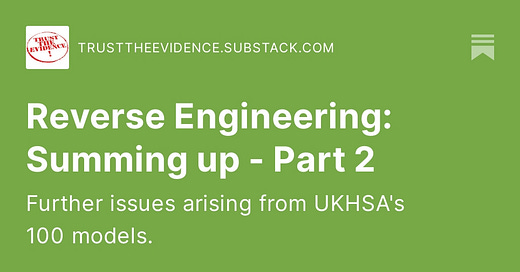Many years ago, health economists were criticised for the way they constructed models and economic evaluations.
Health economics is a fascinating and vital discipline that teaches us how to make the most of the available resources. But the importance of economic models - and the iron logic underpinning them - was undermined by a lack of reporting criteria, poor non-standardised methods, and a lack of tools to quality assess an economic paper.
The best economists understood well that these gaps undermined their discipline and did something about it. There needed to be a distinction between reasonable work and the type of piffle we looked at in our previous post, (part 1 of this series). When the Cochrane Collaboration got started, one of the first methods groups to get off the ground was health economics. The message that good evidence needed to be used, transparency and replications of results and standard definitions had to be used has been understood. For example, even today, many w…
Keep reading with a 7-day free trial
Subscribe to Trust the Evidence to keep reading this post and get 7 days of free access to the full post archives.




